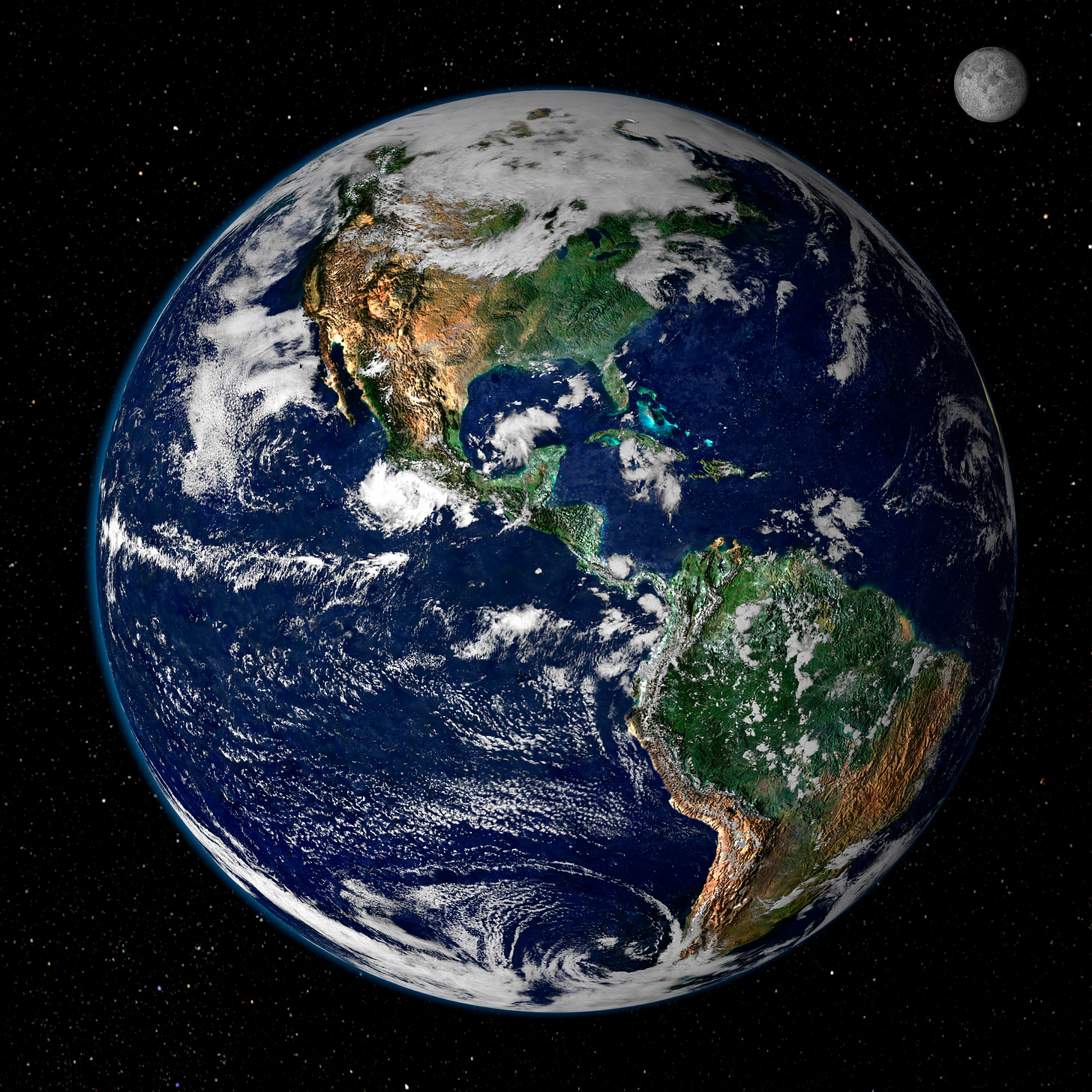84 Days to Save the World
A few quick thoughts on new IPCC report, the most important document of our time
I knew today was going to be a difficult one. It’s the day when all of the the world’s brightest climate scientists had to tell us how much we have destroyed our planet, and that the worst is yet to come.
Representatives from every country in the world approved every sentence in the new IPCC global climate report. Imagine the magnitude of that. That surely makes it one of the most important documents of our time.
In summary, the report says that in the best-case scenario, things still get worse, but if we don’t stop burning fossil fuels of every kind really soon, the future Earth will look unrecognizable.
Climate journalist Eric Holthouse sent out a newsletter this morning, and his explanation of the report is a good one to read to get some more details.
What is especially important, though, is his disclaimer at the beginning. He writes:
“This is a difficult report to read. Chances are, you’ll learn new truths about the climate emergency that will be terrifying in a way you haven't yet felt. That’s what happened to me, at least. But like my favorite climate essayist Mary Annaïse Heglar wrote, Home is Always Worth It. You get to cry. You get to grieve. You get to be angry. You get to take all the time you need to do these things. You get to ask for help. But you don't get to give up. I’m asking you not to give up. We are learning from each other about how to struggle for systemic change on an impossible-but-necessary scale every day. People have been doing this same thing for hundreds of years, all over the world, in every country. What we're doing now isn't new. There is so much worth saving. There is so much more to grow into that we can't even imagine yet. And there always will be. You're not alone. You're right where you need to be. And we're doing this work together.”
It is not hopeless. It is very much time to act.
As the New York Times wrote, “It’s up to the leaders of the world’s most powerful nations and companies to determine which path to take. Limiting temperature rise requires big structural changes to the way the world produces electricity, heats buildings, moves around and produces food.”
And it is up to us to get them moving.
It’s time to call every politician, write every corporation, plead with every entertainment journalist who continues to spread lies and dissent, and take to the streets in protest to make sure we are heard. In November 197 countries meet in Glasgow, Scotland for UN climate talks.
Our voices are particularly powerful between now and then.
Let’s call on our politicians to address the country, and tell us that we must make sacrifices, and tell us that they will force companies to help, just as they have done historically in wartime. We all need to know that we are facing the most pivotal moment in humanity, and inspire everyone to rise to the occasion.
That’s it. That’s all I got.
Just wanted to say happy Monday, and let’s roll up our sleeves and make this happen. Peace to all.

A parting thought. From Carl Sagan.
I don’t think he’d mind that I’m sharing it here, considering the circumstances.
The following excerpt is from his book book Pale Blue Dot and was inspired by an image taken, at Sagan's suggestion, by Voyager 1 on 14 February 1990. As the spacecraft was departing our planetary neighborhood for the fringes of the solar system, it turned it around for one last look at its home planet.
Look again at that dot. That's here. That's home. That's us. On it everyone you love, everyone you know, everyone you ever heard of, every human being who ever was, lived out their lives. The aggregate of our joy and suffering, thousands of confident religions, ideologies, and economic doctrines, every hunter and forager, every hero and coward, every creator and destroyer of civilization, every king and peasant, every young couple in love, every mother and father, hopeful child, inventor and explorer, every teacher of morals, every corrupt politician, every "superstar," every "supreme leader," every saint and sinner in the history of our species lived there--on a mote of dust suspended in a sunbeam.
The Earth is a very small stage in a vast cosmic arena. Think of the rivers of blood spilled by all those generals and emperors so that, in glory and triumph, they could become the momentary masters of a fraction of a dot. Think of the endless cruelties visited by the inhabitants of one corner of this pixel on the scarcely distinguishable inhabitants of some other corner, how frequent their misunderstandings, how eager they are to kill one another, how fervent their hatreds.
Our posturings, our imagined self-importance, the delusion that we have some privileged position in the Universe, are challenged by this point of pale light. Our planet is a lonely speck in the great enveloping cosmic dark. In our obscurity, in all this vastness, there is no hint that help will come from elsewhere to save us from ourselves.
The Earth is the only world known so far to harbor life. There is nowhere else, at least in the near future, to which our species could migrate. Visit, yes. Settle, not yet. Like it or not, for the moment the Earth is where we make our stand.
It has been said that astronomy is a humbling and character-building experience. There is perhaps no better demonstration of the folly of human conceits than this distant image of our tiny world. To me, it underscores our responsibility to deal more kindly with one another, and to preserve and cherish the pale blue dot, the only home we've ever known.
— Carl Sagan, Pale Blue Dot, 1994


